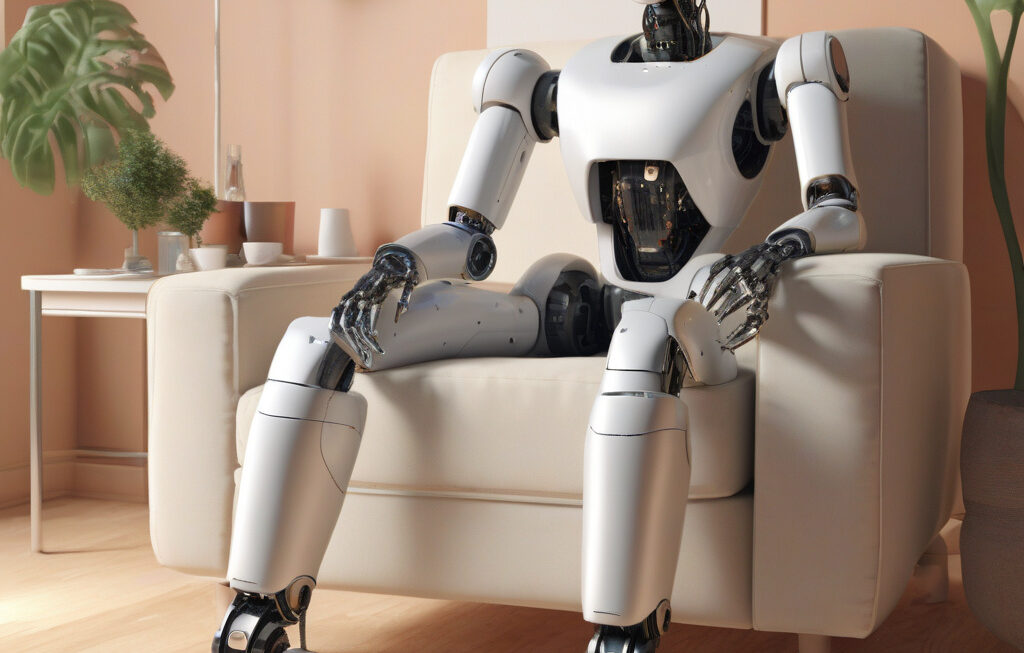Can AI Replace Therapists?
As NHS waitlists continue to grow, the demand for mental health support has never been higher. In response to this pressing need, artificial intelligence (AI) chatbots are emerging as a lifeline for individuals seeking help and guidance. These AI-powered programs offer a convenient and accessible way for people to express their thoughts and emotions, receive coping strategies, and even engage in cognitive behavioral therapy techniques. However, as these technologies become more prevalent, a crucial question arises: can AI truly replace human therapists?
While AI chatbots have shown promise in providing immediate support to those in distress, mental health experts emphasize that they are not a substitute for traditional therapy. The human connection, empathy, and nuanced understanding that a therapist provides cannot be replicated by even the most advanced algorithms. Therapy is a deeply personal and individualized process that requires emotional intelligence, intuition, and a holistic approach to healing, elements that AI currently lacks.
Moreover, the complexity of human emotions and experiences presents a significant challenge for AI chatbots. While these programs can analyze data and provide predetermined responses based on algorithms, they struggle to interpret subtle cues, read between the lines, and adapt to the unique needs of each individual. Therapy is not just about offering solutions or advice; it’s about creating a safe space for introspection, self-discovery, and growth, qualities that are inherently human.
Despite these limitations, AI chatbots play a valuable role in complementing traditional therapy and expanding access to mental health resources. For individuals who may be hesitant to seek help or unable to access in-person therapy due to logistical or financial barriers, AI chatbots offer a confidential and stigma-free environment to express their feelings and receive immediate support. These programs can also provide psychoeducation, mindfulness exercises, and coping strategies to help individuals manage their mental health more effectively.
In essence, the future of mental health care lies in a synergy between AI technology and human therapists. By integrating AI chatbots into existing mental health services, we can enhance efficiency, reach a wider audience, and identify individuals in need of immediate intervention. However, it’s essential to recognize that AI is a tool, not a replacement, for the nuanced and compassionate care that therapists provide.
As we navigate the ever-evolving landscape of mental health care, it’s crucial to strike a balance between innovation and human touch. While AI chatbots can offer valuable support and resources, they must be integrated thoughtfully and ethically into the broader mental health ecosystem. Ultimately, the most effective approach is one that combines the strengths of AI technology with the empathy and expertise of human therapists, ensuring that individuals receive the comprehensive care they deserve.
In conclusion, while AI chatbots are becoming increasingly prevalent as a mental health resource, they cannot replace the vital role of human therapists. By leveraging the unique strengths of both AI technology and human care, we can create a more inclusive and effective mental health support system for all.
AI, Therapists, MentalHealth, Innovation, Healthcare












